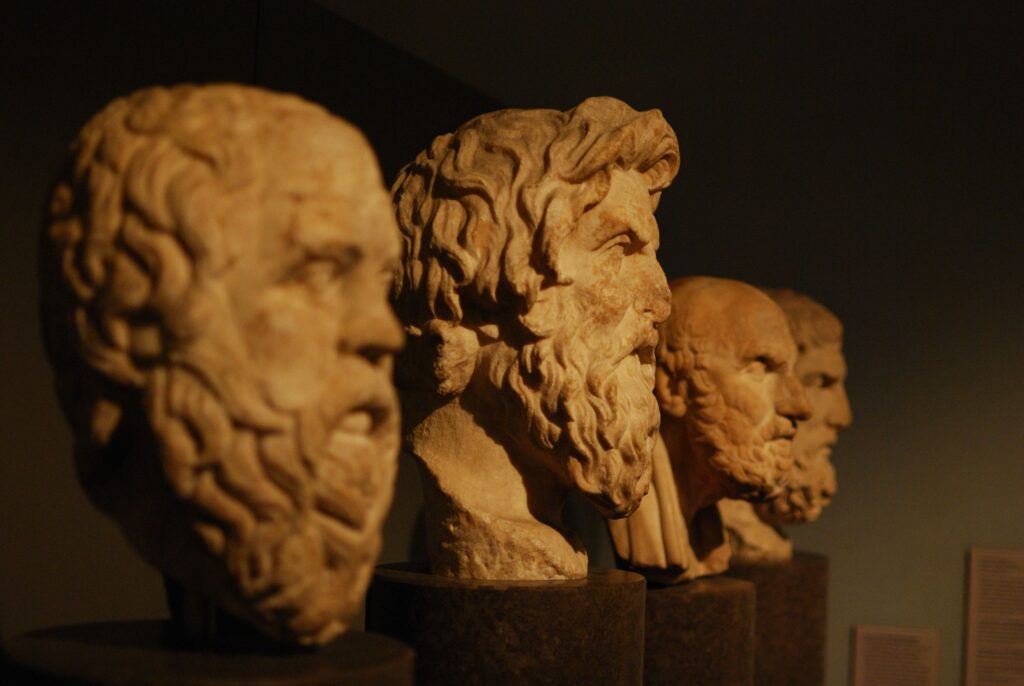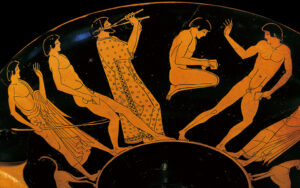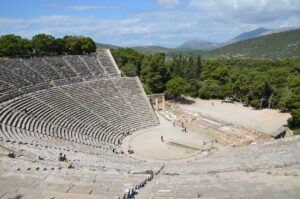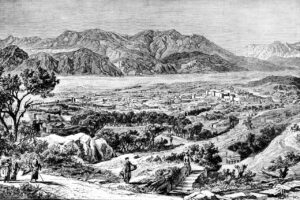Socrates is widely regarded as one of the most influential philosophers of all time, known for his contributions to the field of ethics and moral philosophy. He was born in Athens, Greece in 470 BCE and lived until 399 BCE. He is known for his teaching style that encouraged individuals to question their beliefs and values, and to think critically about the world around them. This method of teaching is now referred to as the Socratic Method. Historians consider him to be one of the most significant people in ancient Greek philosophy and his ideas had a profound impact on the development of ancient Greek culture.
Early Life and Career of Socrates
As stated above, Socrates was born in 470 BCE. He was born into a working-class family and grew up in Athens during a time of great political and social upheaval. Despite his humble beginnings, he developed a strong passion for philosophy and eventually became a well-known teacher and intellectual. He spent much of his life engaged in philosophical discussions with his fellow Athenians, encouraging them to think deeply about their beliefs and values.

The Socratic Method
Socrates is known for his method of questioning, called the Socratic Method, which involves asking a series of questions to stimulate critical thinking and to arrive at a deeper understanding of the subject at hand. He believed that the pursuit of wisdom and virtue was the most important goal of human life. He also believed that the greatest evil was ignorance, and that the only way to overcome it was through questioning and self-examination. This method of teaching is still widely used today, particularly in the fields of philosophy, law, and education. As such, many historians view the Socratic Method as a major contributor to philosophy.
Socrates never wrote anything down and most of what we know about him comes from the writings of his students, Plato and Xenophon, and from the philosopher Aristotle.

Death of Socrates
Socrates lived during a time of great political and social change in Athens. He was critical of the Athenian democracy and the way it was being administered. This, along with the fact that he was seen as a troublemaker, led to him being brought to trial on charges of impiety (a lack of respect for god) and corrupting the youth. He was sentenced to death by drinking poison and died in 399 BCE.
Significance and Legacy of Socrates
Socrates’ legacy is that his ideas and methods continue to be studied and discussed today. The Socratic Method is still used in teaching and learning, and his ideas about the pursuit of wisdom and virtue continue to be relevant. Socrates is also considered an important figure for freedom of thought and expression, and his death has been seen as a symbol of the struggle between the individual and the state.
His contributions to philosophy in ancient Greece are significant and he is often considered to be one of the most important thinkers from the time. His impact was incredible and left a mark on ancient Greek culture.







